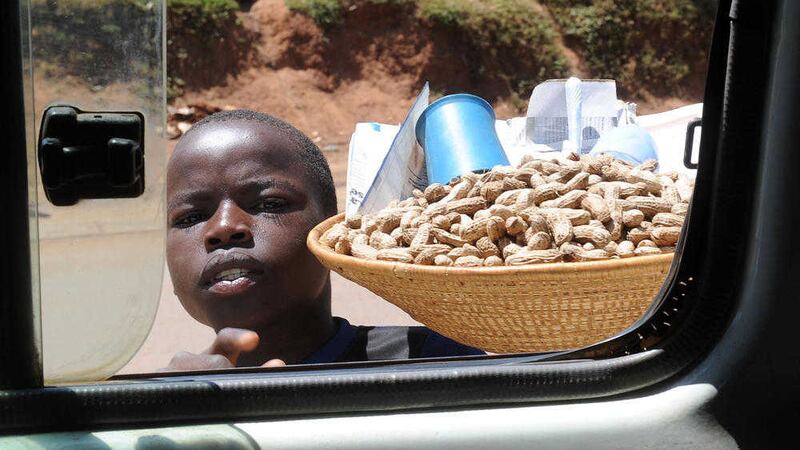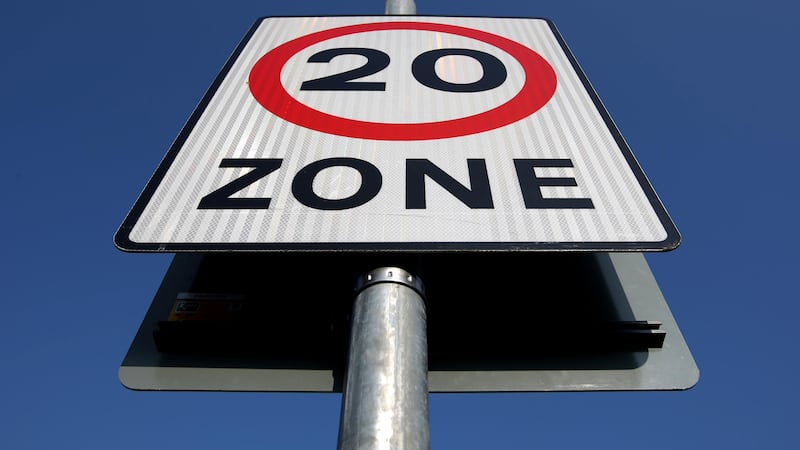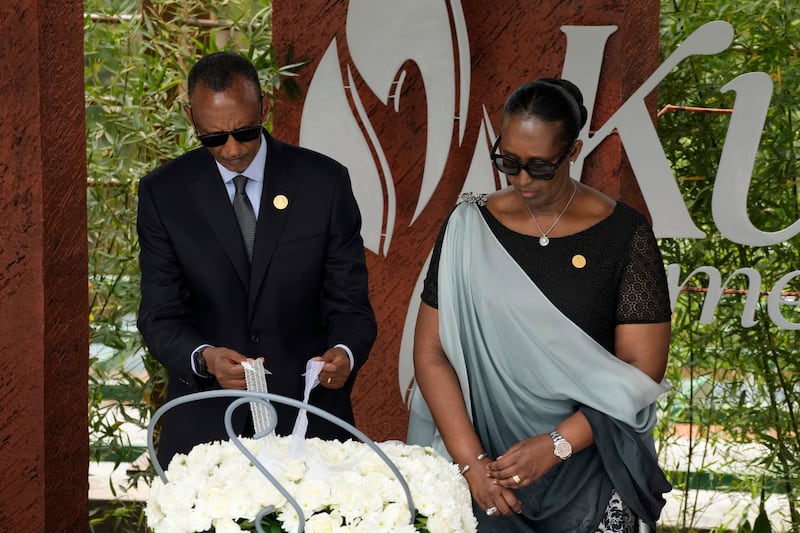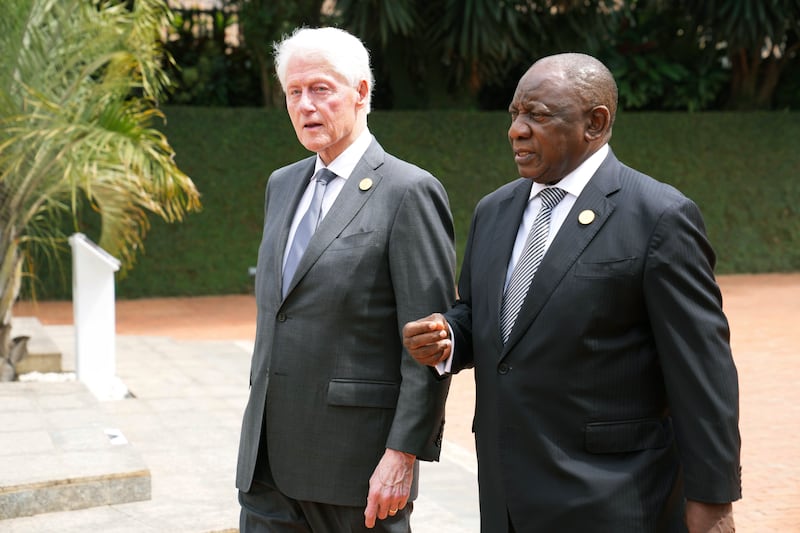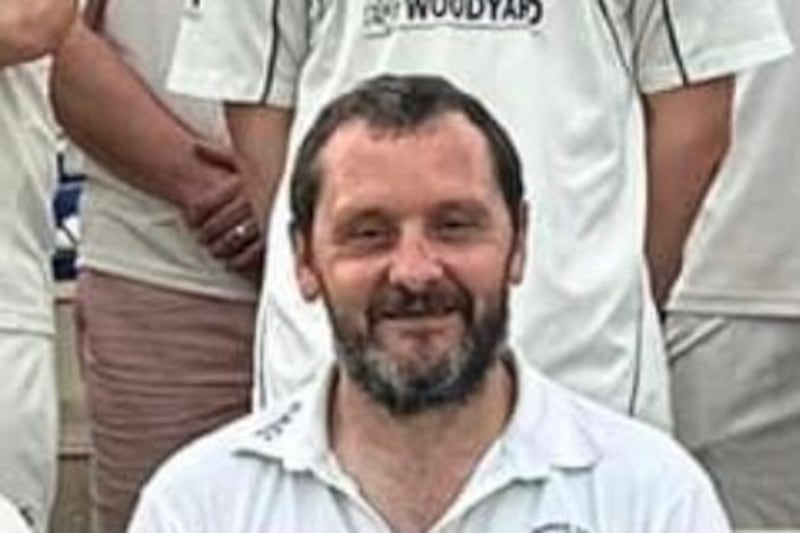Following the second Vatican Council, the Irish bishops took a number of initiatives. They established a Centre for Ecumenism, the Catholic Communications Centre and most importantly, an organisation for the distribution of Irish Catholic Relief.
This last they appropriately named Trócaire or Mercy. Since then, Trócaire has been active in many of the countries in the Third World. They have also been practically involved in refugee crises, famines and other natural disasters.
With a number of fellow-diocesans from the archdiocese of Dublin, I was invited to visit and observe the projects of Trócaire in Uganda. Situated in North East Africa and with a population of 40 million, Uganda is one of the poorest countries in the world.
While Ireland is listed twelfth in the socio-economic ratings of the countries of the world, Uganda comes in at 150th.
The outstanding feature of the services provided by Trócaire is their modus operand’.
They set out to help Ugandans to help themselves. This has the merit that each project begins and ends as a Ugandan project. Thus, when the Irish hand is removed, they are more likely to continue to flourish.
The projects organised and supervised by Trócaire in Uganda are many and varied. Uganda was, and continues to be, the country worst affected by the HIV virus. Local teams trained by Trócaire ensure people have access to the clinics, where they are able to obtain the drugs necessary for their survival, and they also encourage them to avail of this service.
Literacy rates in Uganda are among the lowest in the world. Trained Trócaire teams are to the fore in demanding the establishment of schools and in encouraging people to attend them. Trócaire teams are also involved in land reform, including instruction in agricultural developments and animal husbandry.
The most innovative project is concerned with countering violence - violence in the community and violence in families. Just a year ago a civil war, in which thousands of men, women and children were slaughtered, ended.
Trócaire has trained teams on the ground working to prevent a resumption of the conflict. Most interesting of all is a program to counter violence within families. It is a much-needed programme, the result of the pervading culture in Uganda is such that there is not the slightest appreciation of the equality which should exist between men and women in all situations, not least within the family.
People from Italy, France and England were largely responsible for the evangelisation and, in effect, the modernisation, of the upper Nile region during the past two centuries. The Comboni Fathers came from Italy, the White Fathers from France and the Mill Hill Fathers from England. Irish missionaries were also represented in this part of Africa but not to the same extent as elsewhere on the continent.
However, some of my colleagues and I had the privilege of meeting perhaps the best of them in Sisters Catherine and Maureen of the Franciscan Missionaries of Africa. They proudly showed us the result of their life-long commitment to the people of their mission. It was an excellent educational complex, which includes primary, secondary and trade schools and facilities for literacy classes for adults. Trócaire and the Irish government had helped them with their centre and it was formally opened by President Mary McAleese.
Apart from the Franciscan Sisters, we also met a remarkable person in Bishop John Baptist Adama. Fearlessly, he went into the bush and met and negotiated with the leadership of the rebel army and he is given the credit for almost singlehandedly facilitating an end to the hostilities.
On the site of each project, an excellent presentation was made by a representative of the local team - known to Trócaire personnel as their partners. This left one in no doubt about the skill and commitment of all involved in the various projects and also the merit of the work of Trócaire in Uganda.
Ancillary visits to the habitations of the people in the Bush - referred to euphemistically as `subsistence farmers' by the government in Kampala - highlighted the challenges faced by Trócaire and other relief agencies who, needless to say, deserve and are owed every possible support we can give them.
:: Fr Anthony Gaughan is a priest, historian and author. The Trócaire Lenten campaign 2016 runs until Easter Sunday March 27. All donations made to the campaign by the public in Northern Ireland will be matched, pound for pound, by the UK government. For further information log on to www.trocaire.org
